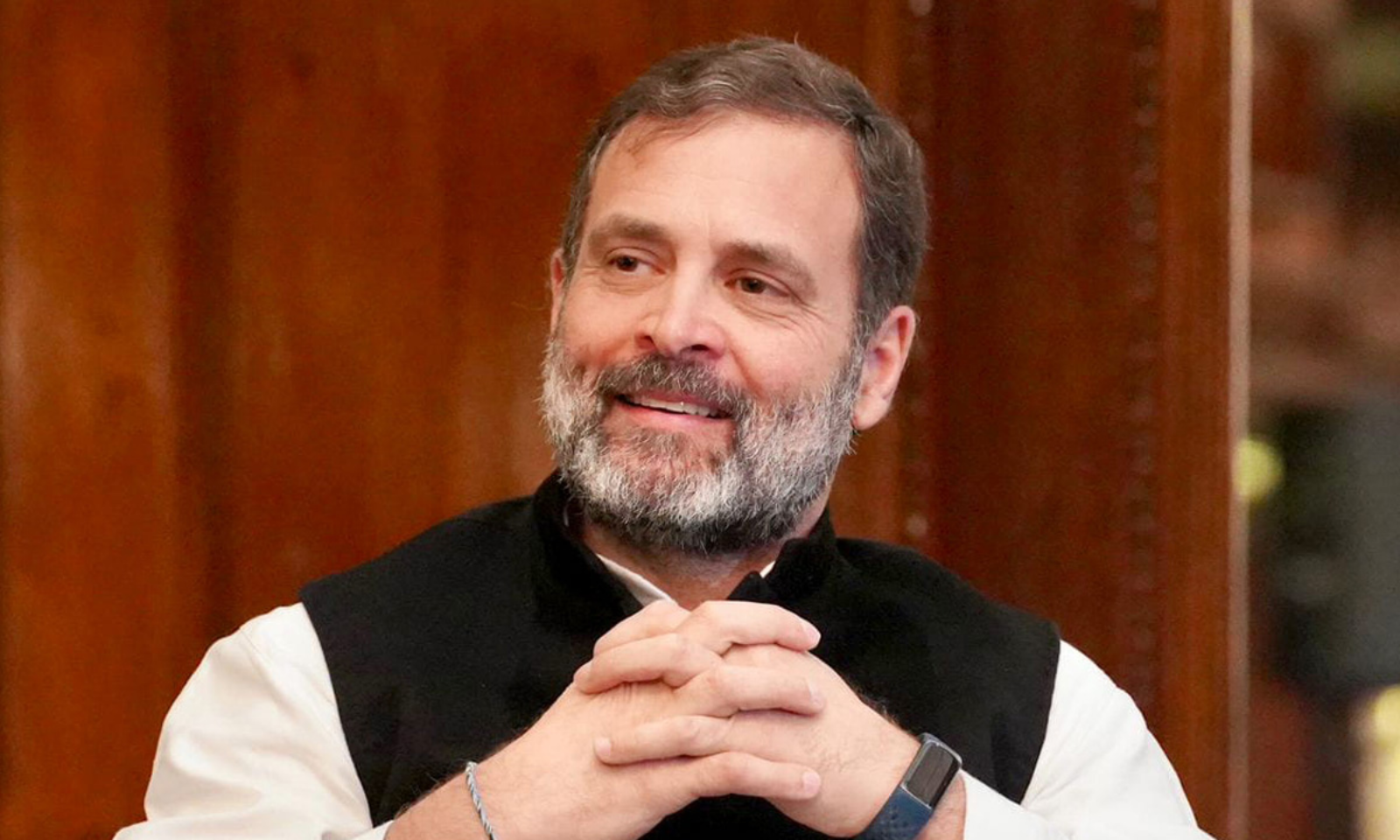In a significant development within the Indian political landscape, Rahul Gandhi, Member of Parliament and leader of the Indian National Congress, has raised a no-confidence motion in the Lok Sabha, the lower house of the Indian Parliament. The motion, put forth by Gandhi, addresses concerns related to the Adani Group, one of India’s largest conglomerates, and its alleged influence over various sectors of the economy.
The no-confidence motion, a parliamentary procedure aimed at testing the strength of the government’s mandate, is expected to spark debates and discussions on the floor of the Lok Sabha. Rahul Gandhi’s decision to bring forward the motion indicates a renewed focus on issues of corporate influence, transparency, and economic equity in India.
The motion questions the government’s approach to regulating corporate entities and ensuring a level playing field in sectors where the Adani Group holds substantial influence. The conglomerate, which has diverse interests spanning infrastructure, energy, and logistics, has been a subject of scrutiny and public discourse regarding its perceived dominance and its impact on various sectors.
Rahul Gandhi’s move has drawn both support and criticism from various quarters. Advocates of the motion applaud the emphasis on accountability and the need for open discussions on issues that have far-reaching implications for the economy and society. Critics, on the other hand, express concerns about the timing and motives behind the motion, viewing it as a political maneuver.
The Adani Group, founded by Gautam Adani, has played a significant role in India’s economic growth, with operations spanning across several key sectors. The conglomerate’s influence and business practices have been topics of public debate, particularly in terms of their implications for competition, environment, and governance.
As the no-confidence motion moves into the parliamentary debate phase, observers anticipate intense discussions regarding the role of corporate entities in the Indian economy, the need for transparent regulations, and the government’s approach to addressing concerns raised by opposition parties.
The motion’s introduction marks a pivotal moment in Indian politics, opening the door for deliberations on issues of corporate governance, economic equity, and political accountability. The debates and discussions that follow are expected to shape the discourse around the role of businesses and their impact on India’s development trajectory.










